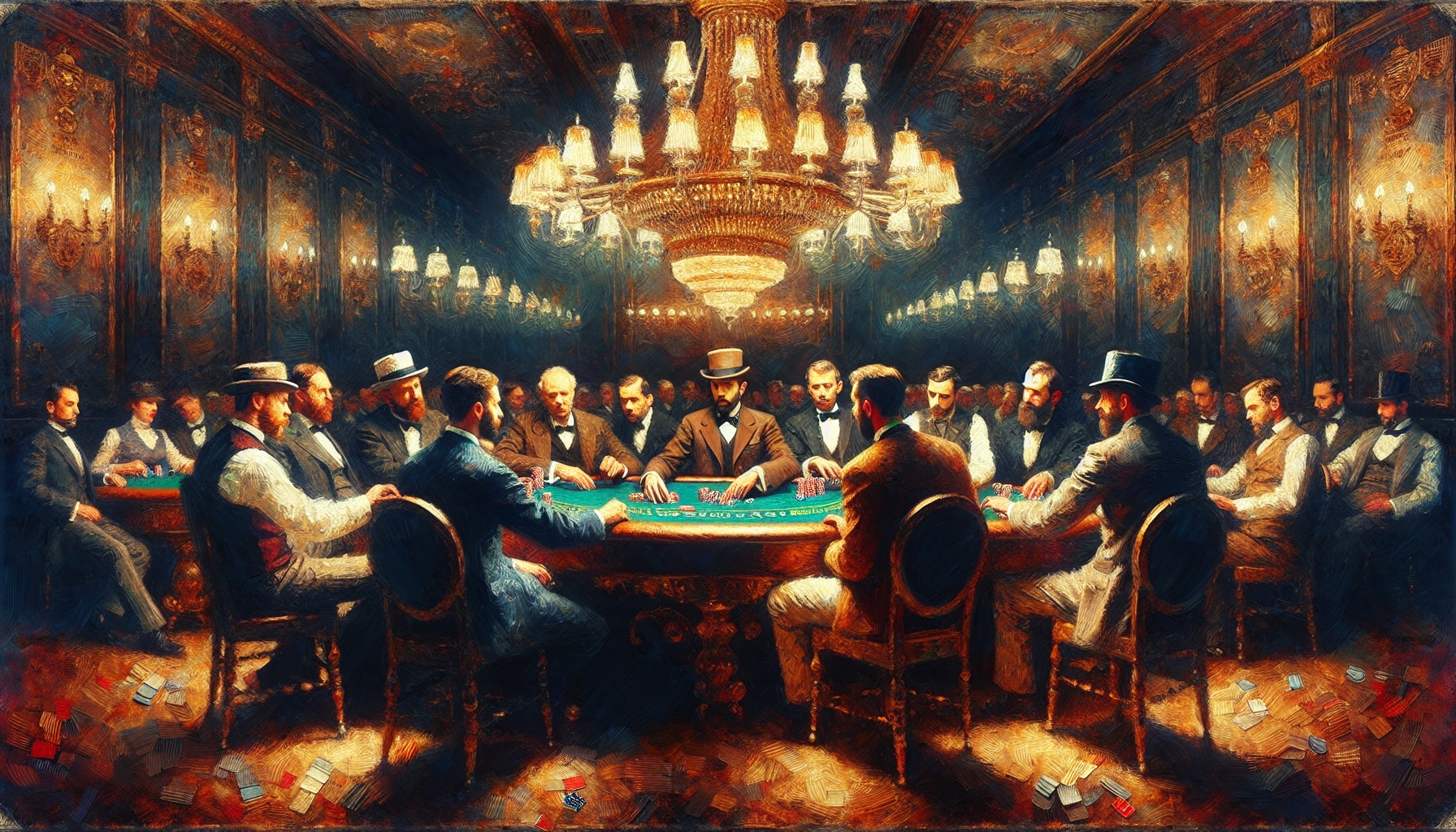
What Does Check Back Mean in Poker?
A check back in poker occurs when a player chooses not to bet when given the opportunity, often in position, after their opponent has checked on the current street. This strategic decision can be used to control the pot size, induce bluffs, or realize equity by seeing another card for free.
When You Might Hear Or Use The Term Check Back
You’ll often hear “check back” during hand analysis or in discussions about pot control strategies. It’s commonly used in situations where a player wants to keep the pot manageable or when they have a marginal hand and prefer to see additional community cards without betting.
In-Game Example
You’re holding AQ, and the flop comes 1094. Your opponent checks, and rather than betting, you decide to check back to see if you can catch a favorable turn card without committing more chips.
Strategy / Tips
- Best Practice: Utilize the check back to control the pot size when you have a hand with showdown value but don’t want to inflate the pot against aggressive opponents.
- Common Mistake: Overusing the check back when you should be betting for value or protection, missing opportunities to build the pot with strong hands.
- Pro Tips: Use check back strategically on dry boards to induce bluffs from opponents who might interpret your check as weakness. Also, consider checking back hands with strong potential to improve on later streets.
Differences Playing Over the Table vs Online
Over the table, physical tells and player reads might influence your decision to check back, while online, the timing and frequency of checks can provide insights into your opponents tendencies.
Alternative Names
“Check behind” is another common term for check back.
FAQs
Q: When should I consider checking back?
A: Consider checking back when you want to control the pot size, have a marginal hand, or wish to induce bluffs from aggressive opponents.
Q: Is checking back always passive?
A: No, checking back can be a strategic choice to maximize your hand’s value on future streets or to induce action from your opponent.
